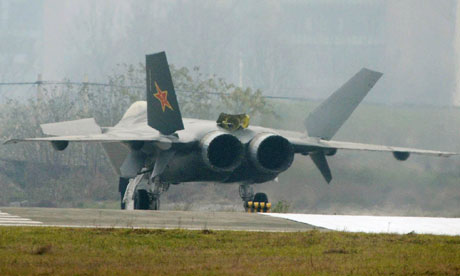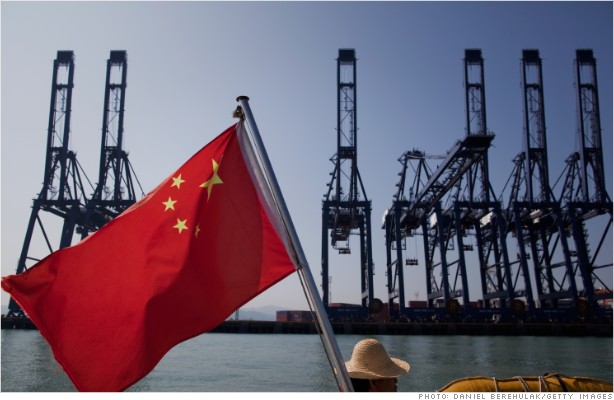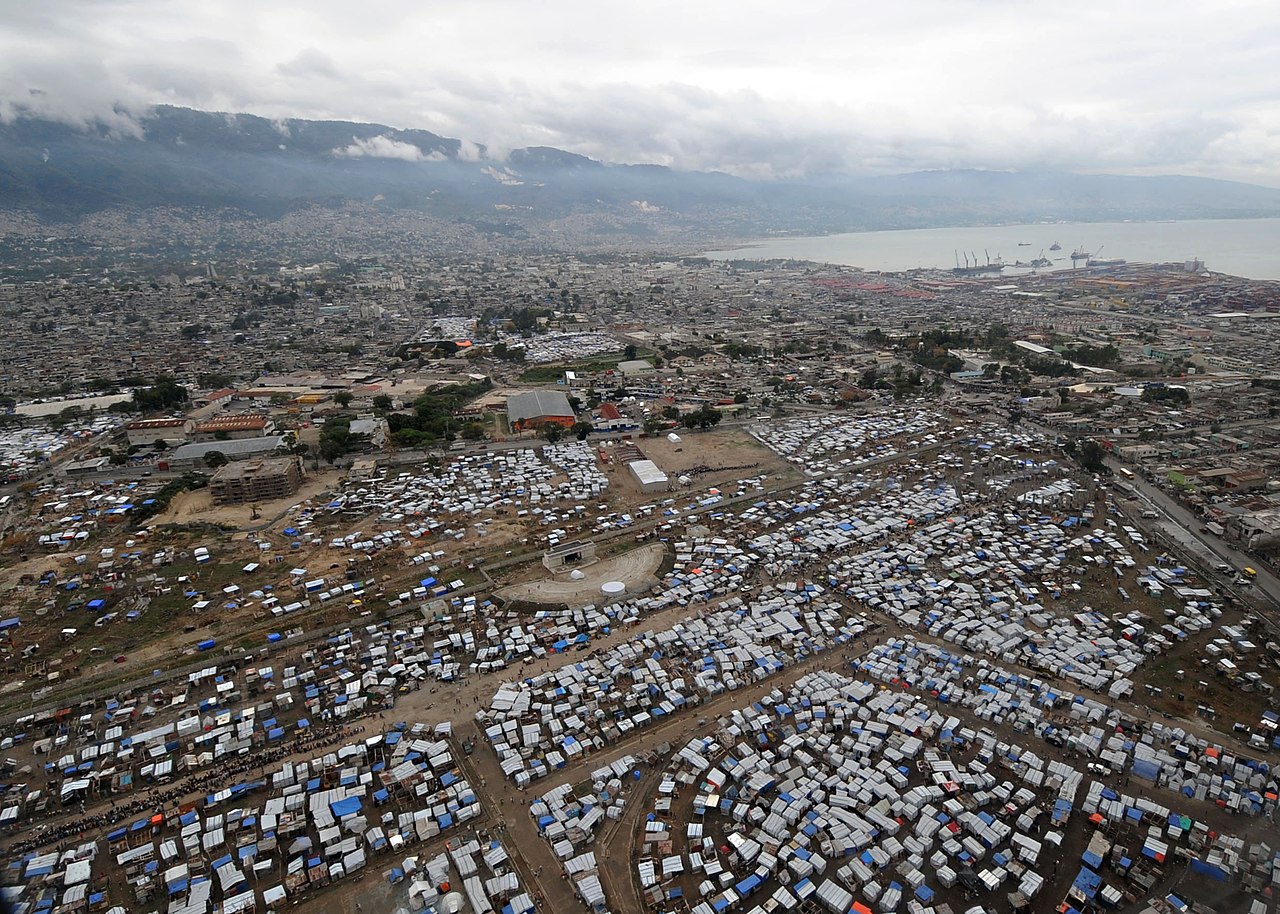Miles
apart, they don’t share language, culture, religion or a common colonial past.
But despite that, both Brazil and Turkey are under unrest at the moment. Citizen
movements that mirror on the Occupy movement and the Arab Spring have
flourished and are gaining momentum from Rio to Istanbul. But what makes them
different and what do they share?
Differences
Where they come from and where they go to
Brazil and
Turkey were never in the spotlight. They always have been important regional
powerhouses, but they lacked the support of an important global player like the
EU. However, in the past decade both countries have gained relevance and
economical power of their own and now can fight as equals with the EU (Turkey)
or even in a global scene (Brazil).
However,
while Brazil is much more independent to act, Turkey must look closely its
actions if it wants to join the EU. The backlash against the protests has not
improved the prospects of accession to the Union for the Turks.
The flame and the spark that ignited the flame
In Brazil
it always has been about money. It all started with a 10-cent hike in public
transport prices. But soon it grew to cope with the widespread frustration over
a whole set of economic issues, from high taxes to wasteful expenses for two
major sporting events (2014 World Cup and 2016 Olympics).
 |
| CS Gas canister; made in Brazil, used in Turkey |
In Turkey
it always was about defending secularism. Sure, the spark of the unrest was
the proposal to uproot some trees to redevelop the area into a mall -or a
mosque. But deep within the protesters demands is the fear of a Islamisation of
Erdogan’s government. Recent laws passed with restrictions on the sale and
advertising of alcohol and an attempt to limit women's access to abortion are
deeper roots into the protests than the roots of the trees in Taksim.
In both cases, however, the initial spark that ignited the unrest was a mere catalyst of a reaction years in the making.
The countries’ leaders
The Turkish
PM Recep Tayyip Erdogan has become the target of the ire of the protesters.
They blame him and his party for his policies. The response from Erdogan has
been a stronger crackdown on the protesters. It is now a very public struggle:
Erdogan and his party against a myriad of other groups that include ecologists,
LGBT rights supporters and Kurdish independentists among others.
On the
other hand, Dilma Rousseff, a former leftist guerrillera who was imprisoned and
tortured during Brazil's 1964-85 dictatorship, hailed the protests for raising
questions and strengthening Brazil's democracy. Unlike Turkey's leader,
Rousseff remains popular among many of the protesters.
Epicenter vs. dispersion.
Turkey has
a clear HQ for its unrest: Taksim square. In Brazil it is a bit more
distributed. Sao Paulo and Rio have held multitudinous demonstrations that
travelled through the city. In the case of Turkey, it has been a fight -and a
proper one- for the control of Taksim square, the symbol of the protest and
where it all started.
Similarities
The protests started outside the capital
All the
previous revolutions started and took shape in the country’s capitals. Tehran,
Cairo, Athens, Madrid… Both Brazil and Turkey have administrative capitals that
aren’t the main city in the country. And for both of them, it wasn’t in the
capitals but in those others main cities where it all started. Rio and Sao
Paulo in Brazil and Istanbul in Turkey have been from the beginning the
beachheads for their countries revolutions.
A growing middle-class…
The fast
growing economies in Brazil and Turkey have created a new middle-class that
previously was really small. This new middle-class is better educated, better
informed and more ambitious. The problem is that the upper tiers in the Turkish
and Brazilian societies have won much more purchasing power than the
middle-classes; thus widening the gap. This is the opposite to the case of
Spain and Greece, where no one has won purchasing power (there it is a case of
the middle-classes losing more than the upper tiers).
…but also growing inequality
Despite the
economic growth, the gini index has
gotten bigger for both of them. This shows the increasing inequality that the
population in both Turkey and Brazil are facing. The gap between the top and
the bottom is getting wider, and the scale is stretching so much that the space
in between for the middle-class is endangered.
The police crackdown on protesters
Both
unrests have been met with equal hard measures. Batons, water cannons, rubber
bullets and gas canisters have been used by both governments to suppress the
demonstrations. In an episode of twisted irony, protesters in Turkey discovered
that the CS gas canisters used by the Turkish police were made in Brazil.
Both police
forces have been also strongly criticized for the use of excessive force. In
Turkey, the police union said that at least six policemen had committed suicide
due to the stress that they were being put under. In Brazil, the video of a cop refusing to crack down on protesters
and being fired on the spot by his superior has gone viral on YouTube.

 The military has not
hesitated to use the –sometimes armed- resistance of Morsi supporters as propaganda
against them. For now they are branded as terrorists and it is perfectly
conceivable that Sisi will end up using it to outlaw the whole party.
The military has not
hesitated to use the –sometimes armed- resistance of Morsi supporters as propaganda
against them. For now they are branded as terrorists and it is perfectly
conceivable that Sisi will end up using it to outlaw the whole party.






 8/19/2013
8/19/2013
 Ehiztari
Ehiztari















 Twitter
Twitter Facebook
Facebook Flickr
Flickr


